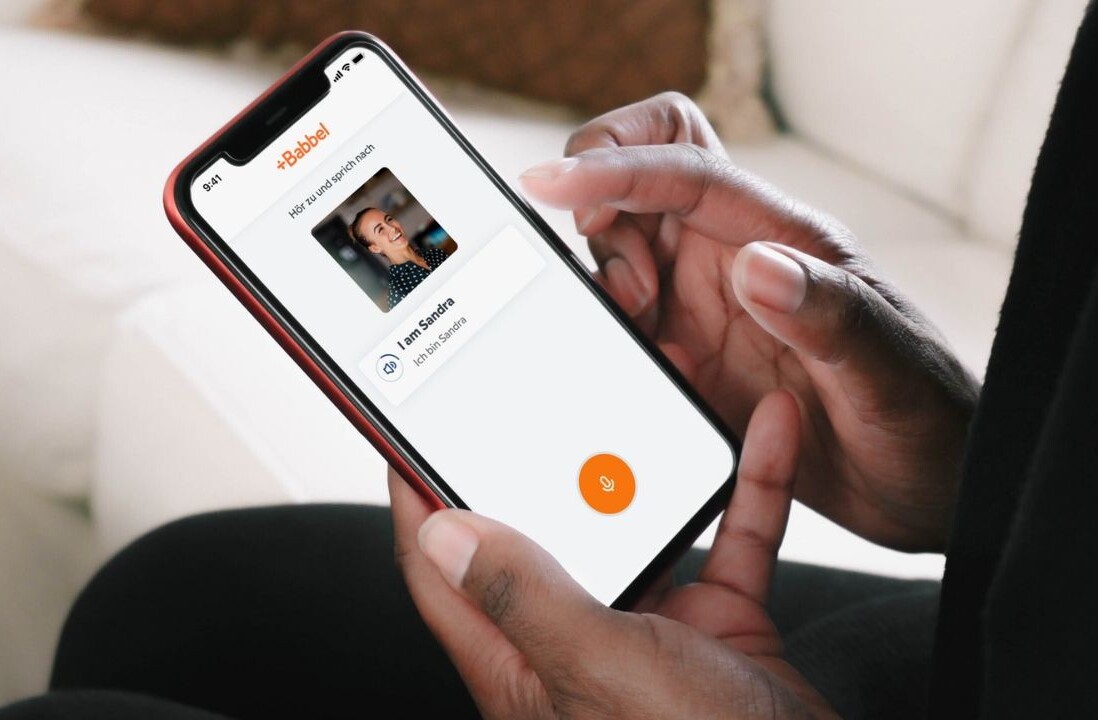
 There is no need to rehash the endless discussion over what the effects of peer-to-peer music transfer are. It does however have one inextricable problem for those engaging in the sharing of music files, how do you support the artists that you love?
There is no need to rehash the endless discussion over what the effects of peer-to-peer music transfer are. It does however have one inextricable problem for those engaging in the sharing of music files, how do you support the artists that you love?
So for the pirate looking for a way to keep the flexibility of downloading discographies of music while keeping the price low and supporting the band, this is the pirate’s guide to paying for music.
We are going to look at three different services: Zune, Spotify, Play.me, and MOG in detail. Each has a different feature set, and a different plan for how to interact with music. After, we’ll get into what else is out there
Each was selected under the following criteria:
- Must have a library in the millions of tracks which included mainstream labels.
- Must have a subscription option for simple payment.
- Must allow for unlimited listing.
Of course, there are a host of other music options, but we wanted to present you with a concise list of the star players. We are not including iTunes because it requires individual album/track purchases. It and Amazon have similar models. If you just want to buy a single track, those are good options. The selected options are tailored for an experience similar to torrent music: get quite a lot at once for a low, low price.
Zune
Quick facts: costs $14.99 monthly, you get some music forever, only in the US.
When Zune launched its devices and software, both were panned from the get go. While the devices have never found a serious audience, the software has excelled its hardware brother and become something to respect. I use Zune to manage my (annoyingly) massive library, you can read about the software itself here.
The Zune Pass costs $14.99 a month, and has two important points. First, you can download as much music as you want. If you keep paying the fifteen dollars monthly, those tracks are good to go. Stop paying, and they go dark. Also as part of the deal, is ten songs a month that you get to keep forever. Once you get used to a Zune Pass, it becomes quite intoxicating to download songs by the hundred, legally.
Of course, if you want, Zune sells tracks for a buck a piece or so, but you have to use Microsoft Points, so avoid it.
Problems: If you are not in the 50 States of Puerto Rico, you can get lost.
Spotify

Quick facts: streaming service that costs either nothing or €9.99 monthly.
Spotify has two flavors, free and premium. If you are a free user, you can listen to music, with advertisements, as much as you like. If you want to pay, for just ten euro you can be a premium user. This means no audio advertisement interruptions, higher sound quality, and no branding of the player.
Spotify, as does everyone it seems, sells songs for around a pound a piece.
The service has over six million tracks, and even integrates with Last.fm. For just ten euro, you get a heck of a lot: access without interruption to all the music you want instantly, no potential guilt.
Problems: If you do not live in Sweden, Norway, Finland, the UK, France or Spain, you are out of luck.
Play.me
Quick facts: simple streaming service, low price, keep some songs.
Play.me is a completely browser-based service, except when they let you download .mp3’s. A newcomer, Play.me is more similar to Spotify then Zune. It lets you stream 2.5 million songs on its website, and gives you some free tracks to keep at the end of the month.
The free service is just ten hours a month, but oddly gives you a free download. For $9.99 you get unlimited streaming and five .mp3s monthly. Not a bad deal for just ten bucks. Also, you can save playlists and put them onto your iPhone via an application, meaning that you can make your streams good for the go.
Problems: Their library is smaller, US only.
MOG

Quick Facts: MOG is a big streaming service with millions and millions of tracks, cheap.
MOG is like Play.me, but cheaper, and with a better user interface. You can stream a a larger library than Play.me has, but their monthly plan does not include any .mp3’s that you keep. That might be a problem if you place a high value on what you have rights over.
At $5 a month, MOG All Access is ad free music nirvana. The service has received rave reviews for its construction, something that we cannot say about all music startups. It may have an odd name, but MOG is a cheap option if you like streaming.
Problems: US only, no keeping of tracks in the monthly plan.
The Rest
As we said up top, there are myriad music services. There is LaLa which allows for ten-cent song purchases if you keep the tracks online, and boasts an eight million track library. We would have included LaLa above, but given that they were purchased by Apple, we are not sure what the future of the service is, we felt ill at east recommending it.
There is also eMusic which sells music at $0.5 a track and also sells subscriptions where you only get music that you keep. And of course, there is the forthcoming MusicStation by HP that will coming soon to compete with Spotify.
This list is in flux, but you can be sure of one thing: competition wins for the consumer, you.
—
So what is the best service? It depends on where you live and what you want. I use Zune already, so if I was to pick, I would use Zune. If I was living in Europe, Spotify is the easy choice. If I just want to use my browser (perhaps on my ChromeOS tablet?) then Play.me is the best fit. It’s up to you.
There are good options for listening to a lot of music for not that much money. We can all afford these. So, if you want to support the artists you love, you can.
Get the TNW newsletter
Get the most important tech news in your inbox each week.






